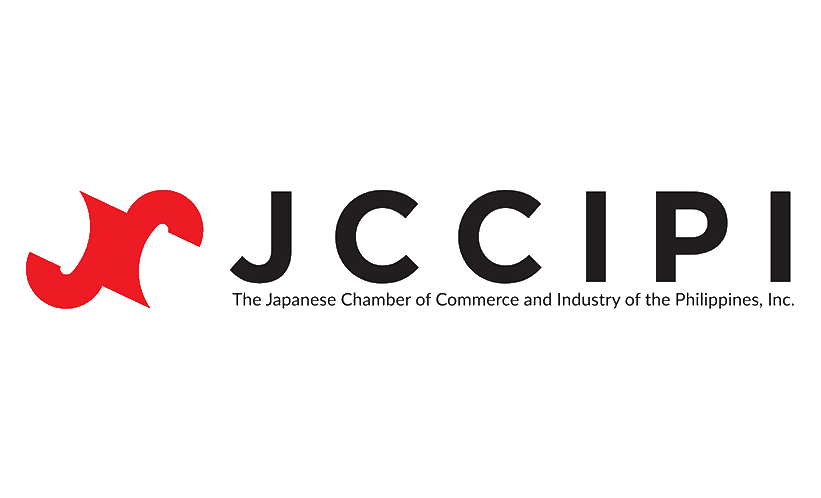
Chambers pitch concerns to Congress
July 18, 2019 at 09:00
Chambers pitch concerns to Congress
Charmaine A. Tadalan | BusinessWorld | July 18, 2019

Legislative measures that will open the country to more foreign investments, increase jobs and further reform the tax system top local and foreign businesses’ wish list for the 18th Congress that convenes for its first of three regular sessions on July 22.
“’Yung [needed amendments to the] foreign investment law and also the public service (act), I think that should be addressed, so that we can attract more foreign investments,” Philippine Chamber of Commerce and Industry (PCCI) Chairman George T. Barcelon said in a mobile phone message on Monday when asked on what new measures lawmakers should work on.
Mr. Barcelon was referring to the proposed amendment to Republic Act No. 7042, or the Foreign Investments Act of 1991, which will remove restrictions on foreigners from practicing their profession in the Philippines; and to the 82-year-old Commonwealth Act No. 146, or the Public Service Act, which will lift foreign ownership limits in utilities.
He added that easing land conversion and labor law restrictions — in order for the latter to “be more flexible and fair for us to create more jobs” — are also “relevant concerns” for business.
“The other item that we feel that is important is focus on agri[culture] and fisheries. We have to use technology and investment on human skill to increase our productivity,” Mr. Barcelon added, referring to a sector that accounts for about a fourth of jobs in the country but has historically contributed just a tenth to national output.
Improving agriculture’s productivity, he said, will help keep prices of basic goods like rice, sugar, fish and meat — and hence overall inflation which hit multi-year highs last year — in check.
Also needed are long-term solutions to the current water crisis, he said, which hits not just households but businesses as well.
The European Chamber of Commerce of the Philippines (ECCP) and the Japanese Chamber of Commerce and Industry of the Philippines, Inc. (JCCIPI) will likewise push for measures to increase competitiveness of the Philippines, including the proposed tax reform that will reduce the corporate income tax rate gradually to 20% by 2029 from 30% currently.
“Amendments to the Public Services Act, Foreign Investment Act and Retail Trade Act are on top of ECCP’s advocacy priorities. The Chamber is convinced that the aforementioned economic reforms will further facilitate more FDIs (foreign direct investments) and consequently, spur job creation in the country,” ECCP President Nabil Francis said in an e-mail, Monday.
“TRABAHO (Tax Reform for Attracting Better and High-quality Opportunities via reduced corporate income tax rates and streamlined fiscal perks) is also high on our agenda and we will continuously monitor further developments on this front.”
IN THE PIPELINE
The TRABAHO Bill is among the remaining packages of the government’s comprehensive tax reform program, along with packages three and four, which will centralize real property valuation and assessment; and simplify taxes on financial instruments respectively. Also pending is the proposal to increase the government’s share in mining revenues and the excise tax rates on alcohol products, which form part of the so-called package two-plus.
“We… urge the government to move towards a competitive fiscal regime as quickly as possible to dispel any uncertainties. This will send a positive signal to potential and existing investors who are looking for a stable and favorable destination to do business,” Mr. Francis added.
JCCIPI Executive Director Nobuo Fujii said via mobile phone message on Wednesday: “We prefer PSA, Retail Service Act, FIA (amendments) first. TRAIN (Tax Reform for Acceleration and Inclusion) 3&4 next. Re Trabaho, we do, but except incentive matter.”
Business chambers have cautioned government on moves to change the tax incentive system, warning such uncertainty could dissuade prospective investors from coming in and existing ones from pursuing expansion plans.
The Federation of Filipino Chinese Chambers of Commerce and Industry, Inc. (FFCCCII) also backed the proposed tax measure, sans the move to change the incentive system.
“The business committees are fine with it and support the TRAIN law overall; but would like refinement of incentives for some industries that might lose competitiveness, especially export industries,” FFCCCII Trade and Industry committee chair George T. Siy said via telephone interview on Wednesday.
Tax reforms that have already been enacted are Republic Act No. 10963, which slashed personal income tax rates and increased or added levies on some goods and services, and RA 11213, which grants estate tax amnesty and amnesty on delinquent accounts that remained unpaid after being given final assessment; while a bill that will gradually increase excise tax on tobacco products to P60 per pack by 2023 from P35 currently awaits President Rodrigo R. Duterte’s signature.
Mr. Siy also said the FFCCCII also asked Congress to review laws protecting labor and cumbersome requirements for setting up businesses.
“Labor needs to be protected but some protections are no longer economical and viable. It’s excessive already,” he said.
“The requirements for business are becoming excessive that are not even present in other countries — like requiring seismographs or excess fire protection for every building, even warehouses,” he added.
Mr. Siy also cited the need to promptly address discrepancies between national and local laws that make it more difficult to do business.
Source: https://www.bworldonline.com/chambers-pitch-concerns-to-congress/
































